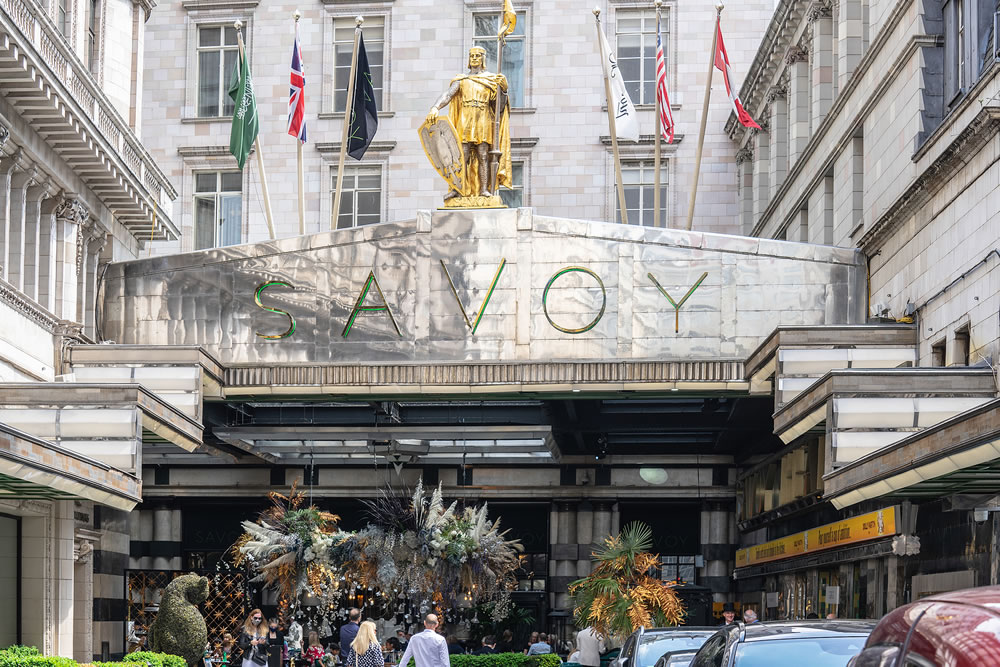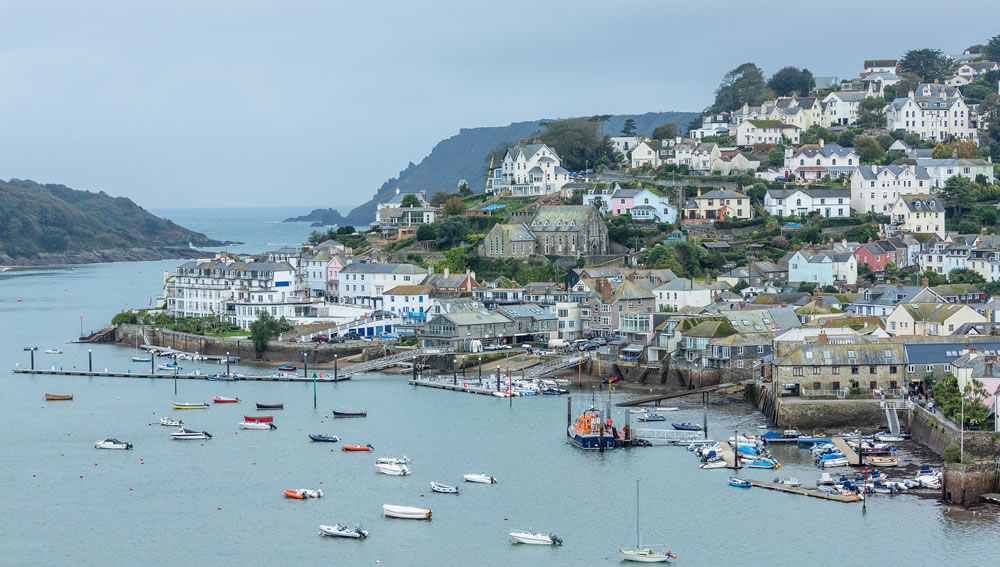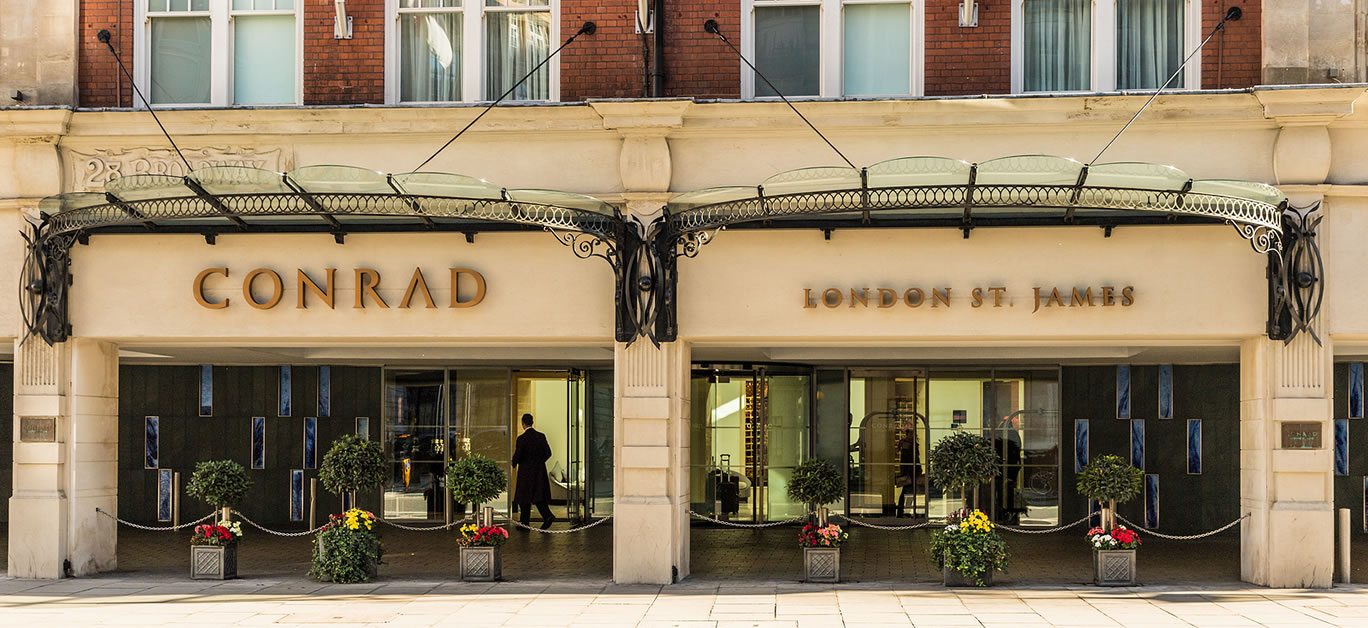The hospitality industry has been one of the hardest hit by Covid-19. As we look ahead to 2022 and the industry prepares to recover, it’s time to take a closer look at what the next year has in store for luxury hotels.
We spoke to Ewald Damen, partner and creative director at leading design specialist agency Virgile+Partners, to get his take on the luxury hotel trends he predicts will have the biggest impact in the new year and beyond.
What, in your opinion, are the biggest trends we will see in hotel design in 2022?
The main trend will be hotels continuing to be more individual in their design, style and service. In the past decades we have seen the rise of the boutique hotel – challenging the conventional five-star style ‘hotel formula’. Younger and more discernible guests, in particular, are attracted to this more individual experience and have a different expectation of a more personalised service.
In our post-Covid world, how will hotel designs balance style and comfort with hygiene and safety?
Covid-19 has restricted travel, with both business and pleasure trips reduced because of complicated regulations, increased cost and fewer flights. I think less travel will result in a search for more comfortable and stylish options, possibly for longer periods, to offset the loss of our previously more frequent, short trips abroad. Improved hygiene regimes will have to be seamless, unobtrusive and effortlessly integrated in all hotels.

Sustainability is arguably the biggest trend of 2021. How can hotels incorporate sustainable practices to keep up with the growing demand of sustainable tourism?
Hotels, like any other business, will need to up their game on sustainability. The focus should not only be during construction – where it will impact the choice of materials – but also in the on-going running of the hotel. Durable and more timeless design that has a lasting impact will be preferred to a trendy concept that will quickly look dated. Guests will increasingly expect local sourcing (including food) and obvious efforts to reduce their carbon footprint. Scratching the surface of sustainability – to be seen to take part for the benefit of the brand or marketing – will no longer be sufficient.
Staycations are on the rise as the travel industry remains unpredictable. How will hotels be catering to people who wish to explore their own country?
I don’t think there should be a difference between people visiting their own country or another part of the world. The hospitality industry should be catering to all groups by offering the right service and ambiance. While there will always be different levels of luxury, guest expectations would be comparable no matter whether they are domestic or overseas visitors – although arguably, travellers might have higher expectations of a staycation as they are more familiar with the culture.
As working from home becomes the norm, how can hotels cater for tourists who wish to mix work with leisure?
Working from home and managing your work more flexibly – together with remote access – will transcend into people’s holidays. It will influence how guests mix work with leisure, especially if there will be fewer – but potentially longer – trips. Spending a few hours to keep on top of things during a break might help with the return to work. Hotels will need to offer better working facilities, both in rooms and in other areas of the hotel. Maybe the business centre could be relocated to the pool?

What experiential elements can be integrated into future hotel design trends?
The trend for more personal and individualistic style will influence the experiential elements of a hotel such as its restaurants. A more expressive style and concept, together with local influences, can really set a hotel apart from its competition. It helps make guests feel part of the surrounding area and country, adding to the visitor experience.
Another popular trend is bringing the outside in as interior design incorporates more plants and greenery. Can this be used as a way of creating eco-friendly practices within hotel design while remaining stylish and on-trend?
The inside-outside eco-friendly trend has worked for resorts and other exotic locations; however, more conventional hotels still seem to have climate-controlled rooms with closed windows and little or no connection to the natural world. There is probably a place for both and a plant in a room won’t necessarily create a particularly strong connection to nature in an urban environment. There is clearly room for innovation – to explore how plants and greenery can suit both location and purpose and more effectively make that connection with the natural world.

Technological innovations are taking smart hotels to the next level. What can we expect next from technology and its integration in hotel design?
Technology – above all – needs to have a purpose, either to make life easier, enhance service, or improve an experience. Technology is part of all our lives and it is usually at our fingertips in the form of our mobile or tablet. A shift towards mobile should be the main focus – we are inherently comfortable with this device that allows us to have most things in one place and readily to hand. Mobile services could then focus on enriching the guest experience, not only during their stay, but also before and after.
As brands become more intelligent, adaptive and personalised, individual experiences are becoming more in-demand. How can hotels create personalised experiences?
A personalised offer is an enhanced experience. The question is – what level of personalisation? It is a fine line between intelligent and individual and intruding on someone’s privacy. Personalisation should not merely rely on data collection through apps, or how that data is processed – a truly personal touch is not a prompt through an app. In the digital age, personal and human touches will have a longer-lasting effect because they stand out as something very different, even though they might have been informed by the guest’s digital journey.






















